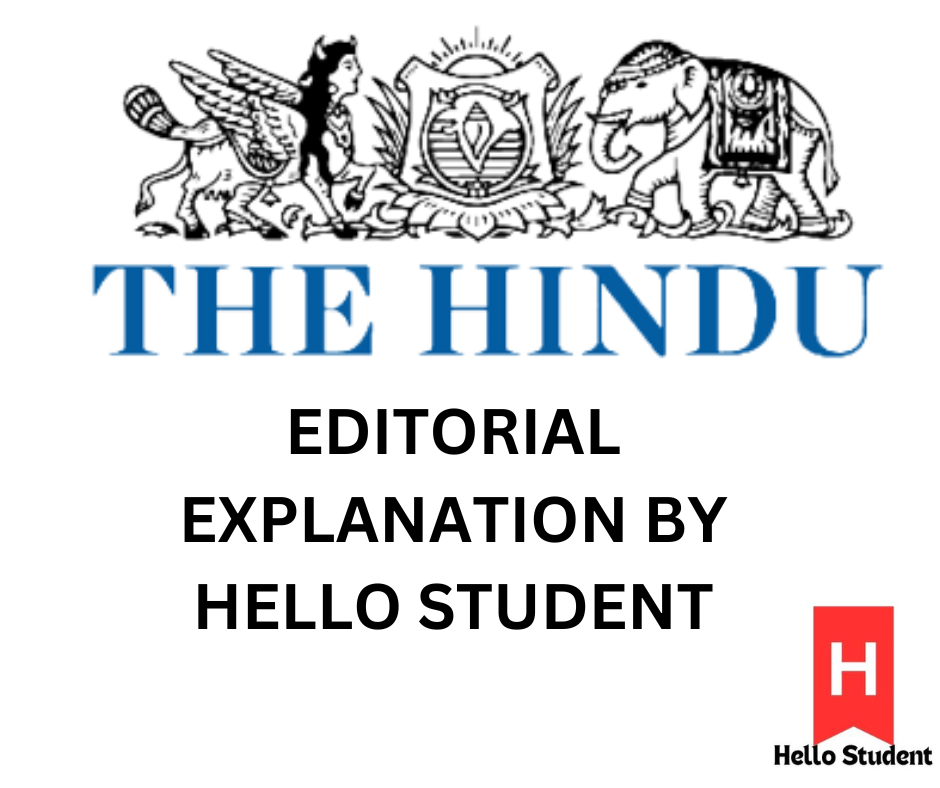The article talks about a serious issue in India—many people suffer from corneal blindness, but there aren’t enough corneas available for transplant to help them. Corneal blindness, caused by injuries, infections, or birth defects that damage the clear outer part of the eye, affects millions, especially people over 50.
It’s the leading cause of blindness in younger people, too. Thankfully, corneal blindness can be treated with a corneal transplant, which replaces the damaged part of the eye with a healthy donor cornea. However, there’s a big shortage of corneas for transplant. India needs around 100,000 corneal transplants every year, but only about 30% of this need is currently being met.
One major reason for the shortage is that India doesn’t have enough eye banks (places that collect and store donated corneas) or trained surgeons to perform the transplants. To meet the demand, India would need 50 well-functioning eye banks and around 500 skilled corneal surgeons.
One possible solution discussed in the article is “presumed consent.” Under this policy, if someone dies in a hospital, they would automatically be considered a cornea donor unless they had specifically opted out while alive. This would reduce delays in retrieving corneas, as they need to be collected within 8 to 10 hours of death. Presumed consent could help increase the number of corneas available for transplant, helping to tackle corneal blindness in India.
However, there are concerns about bypassing the family’s consent. In countries like Spain and the United States, they don’t use presumed consent but instead follow a “required request” policy, where families are asked for permission before a cornea is taken. These countries have seen success with this approach, partly because they focus on public education and have strong donation systems in place.
In India, there’s already a successful model in use called the Hospital Cornea Retrieval Program (HCRP). In this program, grief counselors in hospitals approach the families of deceased individuals and gently encourage them to donate the corneas. The family must give explicit consent before the donation happens.
This system has worked well, with the L.V. Prasad Eye Institute in Hyderabad collecting over 140,000 corneas in 35 years—70% of them through HCRP. This method has helped states like Andhra Pradesh, Telangana, and Odisha have no waiting lists for corneal transplants, while other parts of India face long waits. Many families who agree to donate find comfort in knowing their loved ones’ eyes will help others see.
In conclusion, the article argues that India can reduce avoidable corneal blindness by focusing on the consent-driven “required request” approach, improving the infrastructure for eye donations, and educating the public about the importance of corneal donation. By doing so, India can take significant steps toward ending preventable corneal blindness and help millions regain their sight.
.
.
.
…join our telegram channel for regular updates of The Hindu Epaper Editorial Explanation-https://t.me/Thehindueditorialexplanation
The Hindu Epaper Editorial Explanation given by Hello Student is only a supplementary reading to the original article to make things easier for the students.
In conclusion, preparing for exams in India can be a daunting task, but with the right strategies and resources, success is within reach. Remember, consistent study habits, effective time management, and a positive mindset are key to overcoming any academic challenge. Utilize the tips and techniques shared in this post to enhance your preparation and boost your confidence. Stay focused, stay motivated, and don’t forget to take care of your well-being. With dedication and perseverance, you can achieve your academic goals and pave the way for a bright future. Good luck!
The Editorial Page of The Hindu is an essential reading for all the students aspiring for UPSC, SSC, PCS, Judiciary etc or any other competitive government exams.
This may also be useful for exams like CUET UG and CUET PG, GATE, GMAT, GRE AND CAT
To read this article in Hindi –https://bhaarat.hellostudent.co.in/

